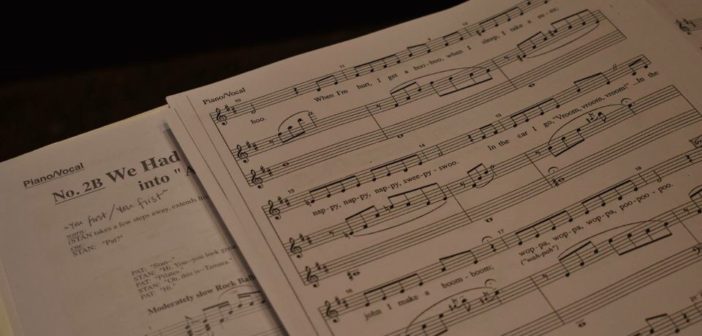Recently, Illinois has had to face many budget cuts, especially in schools. According to CBS in August 2017, Illinois Governor Bruce Rauner “used his amendatory veto power to remove a $250 million block grant for CPS from the legislation.” Since then, many Chicago public schools have had to face budget cuts and have chosen to eliminate their music programs.
Kay Glover, ’18, a senior majoring in music education, believes that music programs are critical to have in Chicago public schools. “(Music education) allows you to learn about a variety of cultures within one single unit,” says Glover. “You can touch on different songs from different cultures, different languages and cultural practices in general within one single song.”
According to Gardner’s theory of multiple intelligences “(humans) are all able to know the world through language, logical-mathematical analysis, spatial representation, musical thinking, the use of the body to solve problems or to make things, an understanding of other individuals, and an understanding of ourselves.” Glover believes that by not providing music classes to students at a young age, you are taking away the chance for a student to be introduced to musical thinking and excel in it.
She believes that even if a student is not interested in pursuing a career related to music, they can still benefit from a music class. “In music classes, you get something that no other curriculum requires — aesthetic education which is learning how to deal with your emotions and becoming a whole person rather than just a student,” said Glover.
Kimmy Duong, ’21, is not still involved with music but really enjoyed her music classes in elementary school. “I looked forward to music class in school because it was different from your typical classes,” says Duong. “It was a nice break from your core classes and a great way to relieve stress.”
In March of 2017, Chance the Rapper, who grew up in Chicago, donated $1 million to Chicago public schools “to support arts and enrichment programming.” When asked how she felt about this donation, Glover puts her hand on her heart and smiles. “When I first heard about that it made me weep,” said Glover. “I love him for doing that for Chicago.”
She explains that as happy the donation makes her, she still worries about CPS music programs. “$1 million sounds like a lot of money but the fact that it’s going to the entire CPS system, it’s really not a lot. It will only last so long,” says Glover. She believes that in order for CPS music programs to survive, more funding needs to be provided by the government.
“Music is everywhere. To have something that is so present in kid’s everyday lives and them not have any formal education on it is a crime against the kids,” says Glover.

